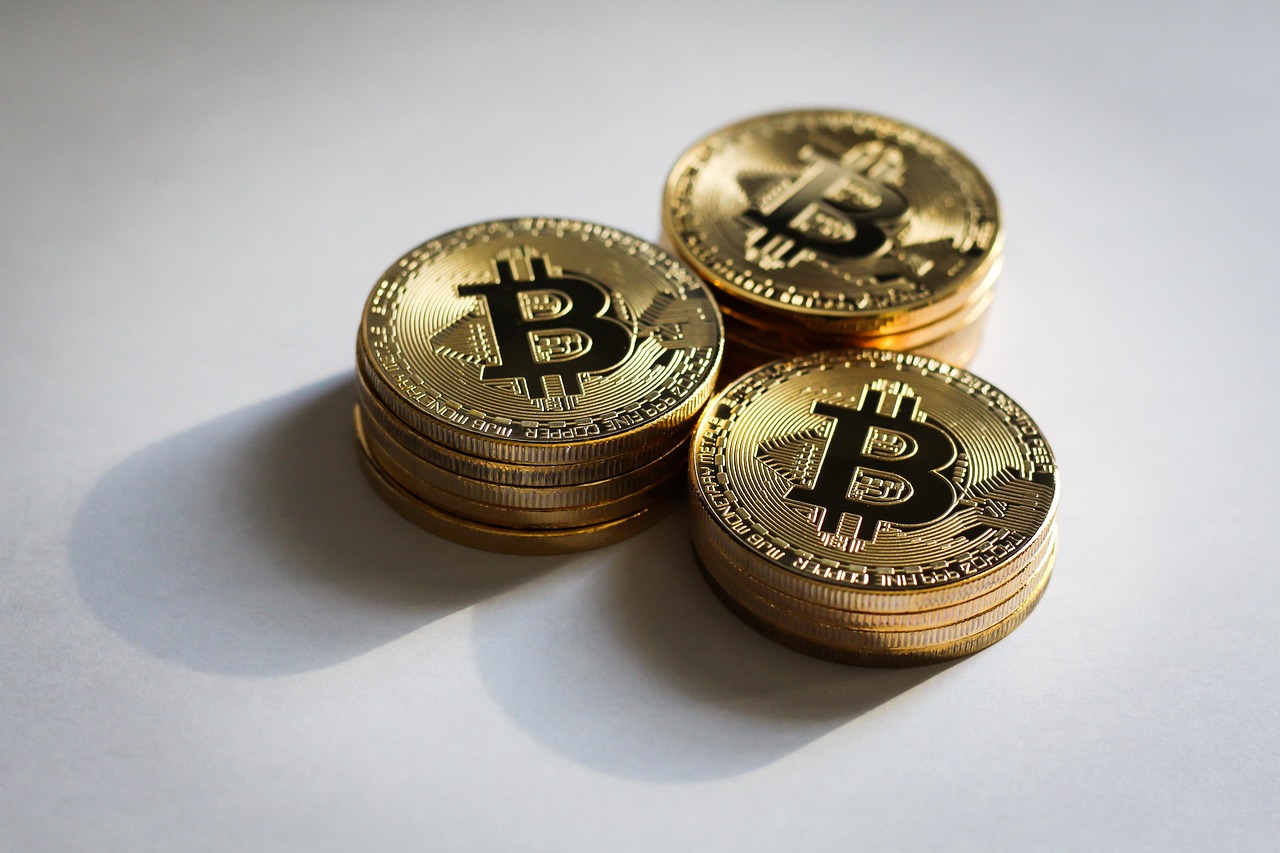Samourai Wallet Founders Reverse Course, Will Plead Guilty in Crypto Case

The founders of Bitcoin mixing platform Samourai Wallet will plead guilty in a landmark criminal case that has shaken privacy advocates and sent a chill through the crypto community.
Court documents filed Tuesday in the Southern District of New York show that CEO Keonne Rodriguez and chief technology officer William Lonergan Hill will change their pleas during a Wednesday morning hearing before Judge Denise Cote.
The pair had earlier pleaded not guilty in April 2024 to charges of running an unlicensed money-transmitting business and conspiracy to commit money laundering.
Indictment Links Wallet’s Mixing Tools to Silk Road and Other Crimes
Prosecutors alleged Samourai processed more than $2b in unlawful transactions, including payments tied to the defunct Silk Road marketplace.
The Department of Justice claimed the wallet’s popular mixing services, Whirlpool and Ricochet, were actively marketed to criminals. According to the indictment, private messages revealed Hill describing a focus on the “black/grey circular economy.”
Bitcoin and other coin mixers blend transactions from multiple users, making them harder to trace on public blockchains. Privacy advocates see them as vital tools for financial anonymity, but US authorities view them as magnets for illicit activity.
In 2022, the Treasury Department barred Americans from using the Ethereum-based mixer Tornado Cash, citing links to criminal groups.
Privacy Advocates Fear Precedent From High-Profile Mixer Prosecutions
The Samourai case mirrors actions against other privacy tools such as Tornado Cash and Bitcoin Fog. Tornado Cash co-founder Roman Storm is awaiting a verdict this week, while Bitcoin Fog’s founder was convicted last year.
Critics argue these prosecutions threaten the open-source developers behind non-custodial software, even when there is no direct evidence of criminal intent.
Rodriguez and Hill were arrested in 2024, shortly before federal agents shut down Samourai Wallet. Prosecutors claimed the founders earned $4.5m in fees from the mixing services while enabling money laundering from phishing schemes and other crimes. The charges carry a maximum combined prison sentence of 25 years.
Defense Tried to Dismiss Case Citing DOJ Memo on Crypto Mixers
In April 2025, both sides asked for a delay in proceedings. This was because Deputy Attorney General Todd Blanche had issued a memo, which suggested prosecutors should avoid charging crypto mixer operators for “unwitting violations.”
The defense also argued Samourai’s non-custodial design aligned with 2019 guidance from the Financial Crimes Enforcement Network, which exempts anonymizing software providers from money transmitter rules.
The court scheduled arguments on the dismissal motion for July 22. However, that effort did not succeed. Additionally, claims that prosecutors had suppressed exculpatory advice also failed. As a result, a trial date had been set for Nov. 3.
Judge Cote has not yet detailed how the plea change could affect sentencing. Conspiracy to commit money laundering carries a maximum penalty of 20 years in prison, while operating an unlicensed money-transmitting business can add five more.
The post Samourai Wallet Founders Reverse Course, Will Plead Guilty in Crypto Case appeared first on Cryptonews.
[title_words_as_hashtags




